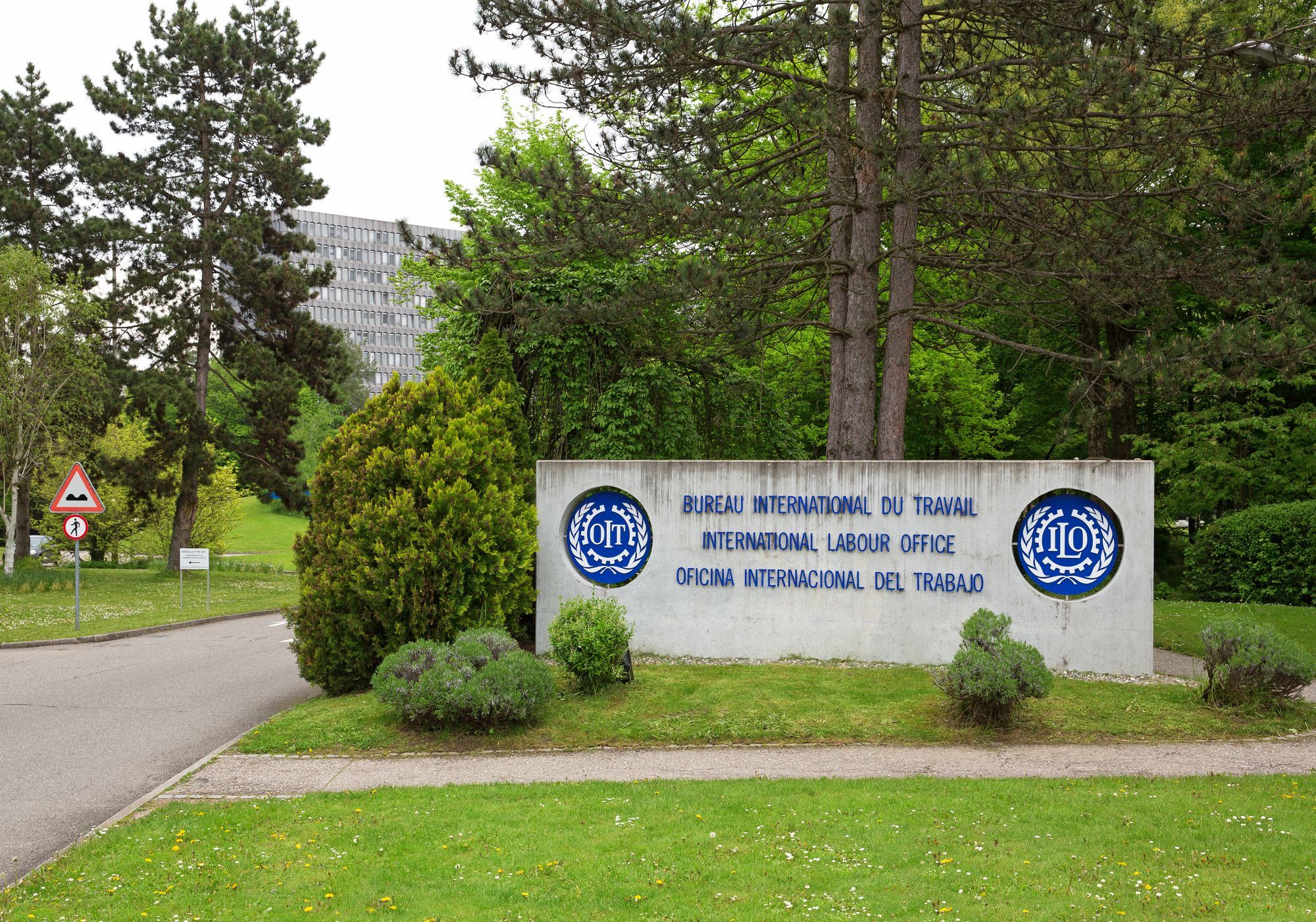
Exclusive: Showdown between Workers and Employers at the ILO: Workers and 36 Member States are asking the Governing Body to call upon the International Court of Justice to rule on the right to strike; Employers are accusing the ILO of partiality
Is the “right to strike” a fundamental labour right or not? Long-simmering and acrimonious discord on this question is boiling over at the International Labour Organization (ILO). The G|O can reveal that with the support of 36 Governments, a request by the Organization’s Workers’ Group to call upon the International Court of Justice (ICJ) to rule on the right to strike has been sent to the ILO’s Director-General Gilbert Houngbo. The outcome of what is shaping up to be a long and arduous procedural and legal process, should the ICJ become involved, could have an impact on hundreds of millions of workers around the world. It could also determine the future of the ILO itself as the world’s labour standard–setting body. If the ILO’s Governing Body—the UN agency's executive board—decides to refer the matter to the Hague-based ICJ—not to be confused with the International Criminal Court—it will only be the second time in its 119-year existence that the Organization has requested an advisory opinion by the Court on the interpretation of an internal labour convention.
The request over the right to strike, which includes historical references to the ILO’s long history, was sent to the ILO’s Director-General on July 12, 2023, by the Workers’ Group. “One hundred years after the landmark advisory opinion No.1 of the Permanent Court of International Justice on the nomination of the Workers delegate [at the International Labour Conference],” the letter says, “the Organization should not hesitate to place once again its trust and confidence in the World Court.”
For decades now, the right to strike has been one of the most contentious issues at the ILO, whose tripartite governance of Governments, Workers and Employers is unique in the UN system. After years of unsuccessful attempts to settle the matter internally, the Governments supporting the Workers’ group are now determined to put a definitive end to the dispute and settle the matter once and for all, before the ICJ, the UN’s highest court. The ILO Member States requesting a referral to the ICJ fear that without legal clarity, the longstanding schism will terminally erode the ILO’s credibility and negatively impact its ability to implement labour standards, de facto reducing the UN labour body’s relevance and influence. An ICJ advisory opinion on the question would be binding on all ILO Member States.
The long-festering discord has exploded into the open with a letter sent by Director-General Houngbo on August 31, 2023, to all the organization’s Member States, informing them of his decision to call for a special meeting of the Governing Body during its 349th session, due to open on October 30, to discuss a possible referral to the ICJ. The Governing Body is composed of 56 titular members: 28 Governments, 14 Employers and 14 Workers.
In diplomatic exchanges and communications obtained by The Geneva Observer, the governments asking for an urgent referral to the UN International Court of Justice—Argentina, Barbados, Brazil, Colombia, Iceland, Norway South Africa, and the EU—stress that “after more than a decade of failed attempts to find a solution, having legal clarity has become a matter of urgency.” They remind the ILO’s Director-General that repeated attempts by the tripartite constituents, including through social dialogue, have failed to overcome the longstanding dispute. Both the unprecedented request to refer the dispute to the ICJ and also the way the ILO has chosen to proceed have predictably provoked the ire of the Employers’ group, leaving the ILO leadership shaken by new strife at a moment when it is already facing some pressing challenges.

The highly complex legal issue revolves around the interpretation of ILO Convention 87, a foundational text which guarantees freedom of association and protection of the right to organize. Ever since its adoption in 1948, the ILO Committee of Experts on the Application of Conventions and Recommendations (CEACR), a highly respected independent body of legal experts, has taken the view that the right to strike is the logical corollary of Convention 87 and flows from it, even though the text makes no direct reference to it. The interpretation of the CEACR has been integrated into international and national jurisdictions. Freedom of association is also included in the 1948 Universal Declaration of Human Rights and the right to strike is explicitly referred to in article 8 of the 1966 International Covenant on Economic, Social and Cultural Rights.
Starting in the late 1980s, emboldened by the neoliberal revolution of the Reagan-Thatcher era, Employers increasingly questioned the CEARC’s view, challenging the supervisory body’s standing to interpret ILO Conventions. The tension around the right to strike erupted in a major clash during the 2012 International Labour Conference, bringing proceedings to a halt. Archives reveal that the International Trade Union Confederation accused the Employers of “trying to undermine one of the most effective human rights mechanisms in the human rights system.” The ILO, the Employers stated, “was facing a multifaceted crisis.” The confrontation severely tested the relationship of trust between the partners—and for many ILO watchers, it has never been rebuilt. A background document by the ILO on the dispute reminds its Member States that “the absence of any reference to the right to strike is the modus vivendi which has prevailed to date,” clearly indicating that the thorny question has long been left dormant. Until now.
Employers accuse the ILO of partiality
Several sources point to signs of the fraught relationship between Employers and Workers, referring to a recent accusation by the Employers of a lack of “neutrality and objectivity” from the ILO in what they consider an unacceptable coordinated attempt with the Workers at circumventing several procedural requirements needed to place an item on the Governing Body’s agenda.
For its part, the Workers’ group insists that despite multiple efforts of the tripartite constituents over many years to resolve the issue through social dialogue, no negotiated outcome has proved possible and there is no reason to believe that further social dialogue will or can break the impasse. Sources describe the current situation between the partners as “messy” and “very tense.”
All parties have until October 6 to submit their comments to the ILO’s Director-General.
-PHM

